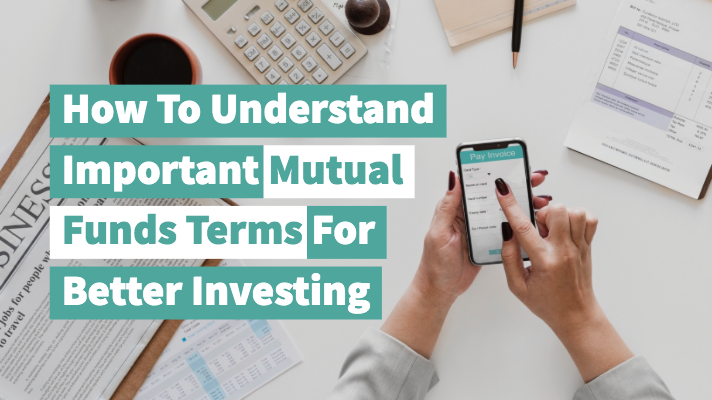Published : May 21, 2018

There are various types of mutual fund schemes; here in this article, we will learn the basic and common types of schemes. These schemes are categorized based on their utility and features.
An open-ended Mutual Fund generally available for subscription and one can redeem them anytime. It is available for subscription for the whole year. These funds do not have any fixed maturity date, an investor can buy these mutual fund scheme based on its NAV related price. Liquidity is the key feature of an open-ended fund.
2. Close-ended Fund:
A close-ended fund has a predefined maturity period of 3 years 6 years. These funds are generally open for subscription for specified time duration and this time period is defined at the time of launch of this scheme. These mutual fund schemes are listed on a recognized stock exchange.
3. Interval Funds:
Interval funds are the combination of Open-ended and close-ended funds. These funds may trade on the stock exchange and open for sale and redemption at predetermined intervals on the prevailing NAV.

You can also call equity fund as growth funds. These funds invest a major portion of the fund in equity. Also, the purpose of investing these funds to grow the long-term capital.
Whenever investor buys shares of an equity mutual fund, the investor becomes a partial owner of each security contained in your portfolio.
In equity fund or growth fund, they invest 60-65% of its funds in the stock market or securities belonging to the stock market. Such mutual fund schemes are best for the investors those have a long-term goal and high-risk appetite.
2. Income Funds
The other name of income fund is debt funds. Income funds generally invest in debt securities such as bonds, corporate debentures, Government Securities and money market instruments. These funds invest 60-65% of its funds in fixed income securities.
Income funds are low-risk funds and a good source of stable income with the preservation of capital. This fund is best suited for the investors the main purpose of this fund is to save capital with moderate growth.
When you choose a Balanced fund scheme, the fund manager put your money in both of the instruments. Both instruments mean equities and fixed income instruments. This mutual fund scheme provides both stable return and grows the capital of investors.
These funds allocate the fund in equities and fixed income securities in the ratio of 60:40; 60% in equity and 40% in fixed income securities.
Money market funds also known as liquid funds. These funds invest in safer short-term instruments like Treasury Bills (T-Bills); Certificates of Deposit (CD) and Commercial Paper (CP) for a period of fewer than 91 days.
The objective of Money Market funds is to provide easy liquidity, preserve the capital and moderate income. These funds are good for Corporates as well as individual investors.
Guilt funds invest exclusively in government securities, although these funds carry no credit risk they carry the interest rate risk. These mutual fund schemes are safer as they invest in Government securities.

Enjoy flexible trading limits at
lowest brokerage rates ?
Open Your Investments Account Now
0Account Opening Charges
Life Time Demat AMC
Brokerage







Ensure the security of your investments by updating your nominee details in your trading & demat account online. It’s quick and hassle-free!
📌 Act Now to Stay Compliant
For assistance, contact our Customer Care at 0562‑4266666 and email askus@rmoneyindia.com.

IT'S TIME TO HAVE SOME FUN!
Your family deserves this time more than we do.
Share happiness with your family today & come back soon. We will be right here.
Investment to ek bahana hai,
humein to khushiyon ko badhana hai.
E-mail
askus@rmoneyindia.com
Customer Care
+91-9568654321